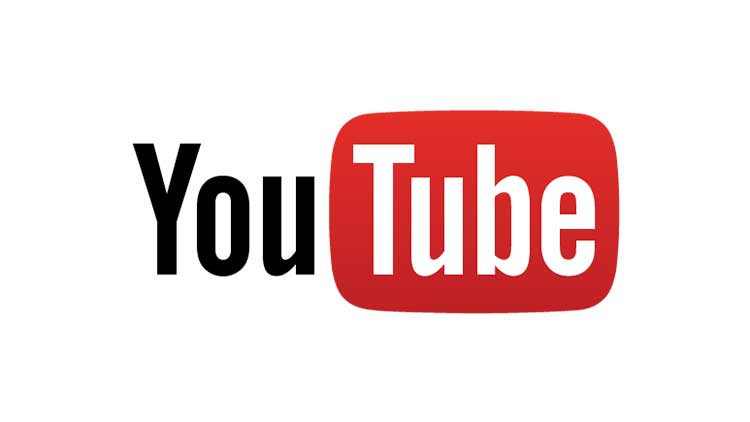NCTA: YouTube Provides Plenty of Un-Leased Access

The smarter way to stay on top of broadcasting and cable industry. Sign up below
You are now subscribed
Your newsletter sign-up was successful
NCTA-The Internet & Television Association says the "internet" part of that monicker can handle the part-time video needs of leased access programmers now taking up television space that could be put to better use. Or put another way, as it did: Let YouTube handle it.
The FCC is proposing to revamp its leased access rules--the vote is scheduled for next week--including to no longer require operators to make channels available for lease on a part-time basis. Cable ops have cheered that potential change, saying that there are plenty of outlets now for video, including social media platforms.
The Small Business Network had told the FCC in comments on that proposal that it "could not survive" without mandatory access to cable channels on a part-time basis.
NCTA suggested cable was hardly the only way to get its programming message out there.
"Included among the many online platforms available is YouTube, which provides producers of video content such as SBN easy and affordable access to viewers," it told the FCC Thursday (May 30). "In fact, tens of millions of videos are viewed each day on YouTube, allowing producers of content to reach many more viewers than can be reached by a single cable operator. With such accessible and affordable options available to video programmers, it is no longer sustainable to burden the speech of cable operators with unnecessarily onerous leased access requirements."
NCTA has argued for getting rid of the leased access requirement entirely, but says at least scrapping the part-time mandate gets at part of the problem, which is that in a populous video marketplace the government should not be telling them what to do with their channels.
The smarter way to stay on top of broadcasting and cable industry. Sign up below
Contributing editor John Eggerton has been an editor and/or writer on media regulation, legislation and policy for over four decades, including covering the FCC, FTC, Congress, the major media trade associations, and the federal courts. In addition to Multichannel News and Broadcasting + Cable, his work has appeared in Radio World, TV Technology, TV Fax, This Week in Consumer Electronics, Variety and the Encyclopedia Britannica.

